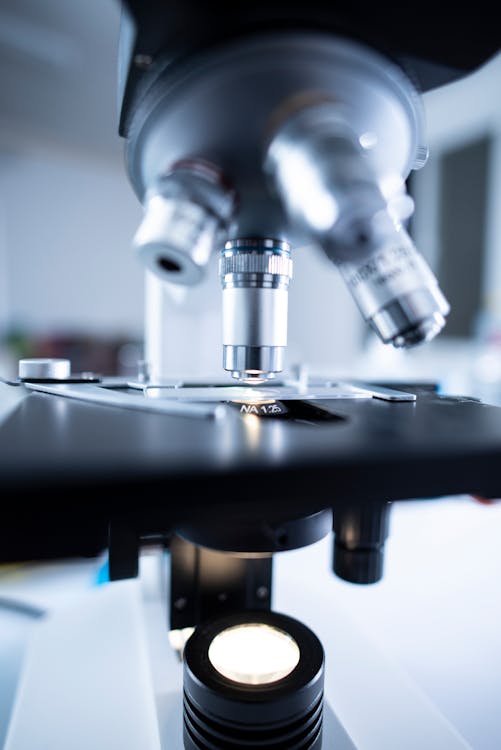(Featured image: Ill. Niklas Elmehed © Nobel Prize Outreach)
At a Glance
- Victor Ambros and Gary Ruvkun were awarded the 2024 Nobel Prize in Physiology or Medicine for discovering microRNA and its role in regulating gene activity.
- Their research revealed that microRNAs are small RNA molecules that control gene expression, allowing cells to specialize and perform distinct functions in multicellular organisms.
- Ambros and Ruvkun made their discovery while studying the roundworm C. elegans. They found that the lin-4 gene produces a short RNA that regulates the lin-14 gene by binding to its mRNA.
- Initially overlooked, their findings gained recognition as more microRNAs were discovered, showing their widespread importance in gene regulation across many organisms, including humans.
- Their work has significant implications for understanding biological processes and diseases, such as cancer, where improper microRNA regulation plays a critical role.
The Nobel Assembly at Karolinska Institutet has awarded Victor Ambros and Gary Ruvkun the 2024 Nobel Prize in Physiology or Medicine for their groundbreaking discovery of microRNA and its role in regulating gene activity. This prize recognizes their contributions to understanding how gene expression is controlled in living organisms, essential for developing different cell types in multicellular life, including humans.

Every cell in the body contains the same genetic information stored in chromosomes, which act like an instruction manual. However, different types of cells, such as muscle and nerve cells, perform distinct functions based on which genes are active. Ambros and Ruvkun discovered microRNA, a small RNA molecule that plays a critical role in this process of gene regulation. Their work revealed that microRNAs help control which proteins are produced in a cell, making it possible for cells to specialize and perform unique tasks.

The journey to this discovery began in the late 1980s when Ambros and Ruvkun studied the roundworm Caenorhabditis elegans. They investigated specific genes involved in the timing of cell development and found two mutant strains exhibiting developmental defects. Their research led them to discover that the lin-4 gene produces a short RNA molecule that does not code for a protein but instead regulates the activity of the lin-14 gene by binding to its messenger RNA (mRNA). This interaction prevents the production of lin-14 protein, showcasing a new mechanism of gene regulation.

Initially, their findings received little attention, but this changed dramatically when additional microRNAs were discovered in the following years. Today, we understand that microRNAs are vital for regulating many biological processes and are present in many organisms, including humans. The implications of their work are significant, as improper regulation of microRNAs can lead to diseases such as cancer and genetic disorders. Ambros and Ruvkun’s discoveries have fundamentally changed our understanding of gene regulation and its importance in biology.
References
- Nobel Prize Outreach AB 2024. (2024, October 10). The nobel prize in physiology or medicine 2024. NobelPrize.Org; The Nobel Assembly at Karolinska Institutet. https://www.nobelprize.org/prizes/medicine/2024/press-release/










